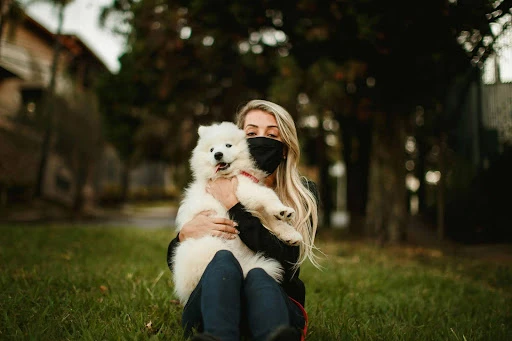For many people, pets are cherished family members that provide companionship and unconditional love. However, few pet owners consider what might happen to their beloved companions if they can no longer care for them due to illness or death. Unlike a will, which typically outlines broad asset allocation, a pet trust can offer a much more directed solution, ensuring that pets are cared for according to the owner’s wishes.
Let’s explore the importance of pet trusts, how they work, and why it is important for every pet owner to consider creating one.
Can You Include Pets in Your Estate Plan?
Yes, it is both acceptable and advisable to make provisions for your pets in your estate plan. Through proper estate planning, you can appoint a caregiver, provide specific instructions, and allocate funds to ensure that your pets are well cared for when you are not there to provide such care.
Pet trust provisions can outline your pet’s daily routine and care needs and designate resources to cover expenses like food, veterinary care, and grooming. This gives you and the caregiver peace of mind regarding your pet’s future well-being.
Creating a Trust Specifically for a Pet
Setting up a particular pet trust is an important option for pet owners who want more detailed arrangements. This trust allows you to nominate a trustee responsible for managing funds and overseeing your pet’s welfare.
Unlike general estate plans, pet trusts provide thorough guidelines about your pet’s requirements and preferred living conditions. It offers a well-organized strategy that guarantees your pet receives consistent, loving care, even if you are unable to do so.
The Pet Trust may most efficiently be included in your revocable living trust or will.
The Consequences of Inadequate Planning for Pet Care
Inadequate planning for pet care can lead to significant challenges if an owner becomes disabled or passes away. Without clear directives, pets may face an uncertain future and end up in shelters, where they might struggle to find new homes or receive proper care. This situation is particularly concerning for pets with special needs or those older, as they may have difficulty adjusting to new environments and care routines.
Additionally, a lack of planning can impose a financial burden on friends or family members left to care for your pet. They may be unprepared for the costs associated with food, medical treatment, and daily needs. Effective planning ensures that pets remain in familiar surroundings and receive the care they are accustomed to, thereby preserving their health and well-being.
Distinguishing Between Pet Insurance and Pet Trusts
Pet insurance is designed to cover unexpected medical expenses, such as treatments for illnesses or injuries. It helps manage the cost of veterinary care by reimbursing the owner for covered expenses according to the policy terms.
However, pet insurance primarily addresses health-related costs and does not provide broader financial support for other aspects of a pet’s life. On the contrary, pet trusts offer a more comprehensive approach. This legal arrangement ensures long-term care by setting aside funds for your pet’s ongoing needs, including diet, grooming, and living arrangements.
Your trust can be designated as the owner of a pet insurance policy. This lets the trustee use the insurance to pay for veterinary care, thus preserving the trust funds for other aspects of your pet’s care and comfort.
Are you looking to protect your furry friend’s well-being and future? Our team at Family Legacy™ Estate & Business Planning services from Edward S. Clay, P.A. Law Offices can help you create creating comprehensive estate plans that include pet trusts. Contact us today to learn more.




